Builders' Forum |
|
| ↓ Scroll to Last Comment ↓ | Forum Guidelines | Builders' Forum | |
I have a Skerry which I haul with a Trailex 250 trailer. Most of my launching at only 5 miles away. I run 20 - 25 psi in the tires for these trips. For longer trips (50 + miles) on an interstate at 50 mph what should the tire pressure be? There would be no extra gear in the boat except sail, mast, oars, and tiller.
14 replies:
RE: Tire pressure
While we're discussing the subject of trailering, can someone comment on the max safe speed for hauling a well secured boat, say a Skerry or Nor'easter, on a trailer like the Trailex? Thanks.
RE: Tire pressure
What does it say on the sidewall of the tire?
What kind of tire wear are you getting at those seeminly low pressures?
You ought to be able to trailer the boat at normal interstate speeds, 70mph. I've followed kayak trailers on those skinny tired Yakima trailers at higher speeds.
RE: Tire pressure
Note I have yet to find a 480x8 tire load range B with pressure ratings below 35psi.
RE: Tire pressure
The tire pressure should be visible on the sidewall of the tire.
The safe speed for a trailer has a lot of dependencies, the weather, the load on the trailer, the towing vehicle, and road surface. You want the trailer to track behind the vehicle and not sway side to side or bounce up and down.
Not only should you check the tire pressure but also check that all the lights are working, the tie downs are
RE: Tire pressure
The full post for my reply:
The tire pressure should be visible on the sidewall of the tire.
The safe speed for a trailer has a lot of dependencies, the weather, the load on the trailer, the towing vehicle, and road surface. You want the trailer to track behind the vehicle and not sway side to side or bounce up and down.
Not only should you check the tire pressure but also check that all the lights are working, the tie downs are not frayed and secure, the hitch, safety chains, and wiring are all in goo serviceable condition.
Also check the lubrication of the wheel bearings on a regular basis and espescially if submerged in water.
You can also google for "trailering safety".
RE: Tire pressure
I think it is going to be different by trailer and tires. As suggested, check with the manufacturers specs. I hauled my Skerry from MA to ME a couple of time doing the speed limit (ok... maybe a little over) with my tires at 20 psi
Steven
RE: Tire pressure
Also complicating the issue is that the pressure on the sidewall is the MAX pressure, at the MAX weight. I have a light trailer, 1975 vintage, for hauling my kayaks with 4.8x8 range B tires. With my usual load, if I inflate them just past where the full tread is contacting the pavement, is usually around 25 psi, the tires are rated for 560 pounds at 60 psi. So, it really depends on your load, and tire specs. JRC.
RE: Tire pressure
According to what Trailex told me their 250 trailer tires should have twenty (20) pounds of air pressure cold, you should have a label from Trailex on the tongue of the trailer stating that. But--->> Go by what the label from Trailex says!! <<--- As far as the speed, that's another good question for Trailex. I know I towed my 250 with a Dory and gear all over Maine this summer at full highway speeds and checked the bearing hubs and tires for heat and they were never warm to the touch.
RE: Tire pressure
Don't forget your v ehicle's owners' manual. Sometimes that has a say in things, too. Mine, for example, says to stay in 3rd gear (automatic transmission) and not to exceed 55 mph while towing. That's probably more relevant at max towing capacity than with less than 400 lbs of trailer and boat combined, but it's still something to consider.
Laszlo
RE: Tire pressure
Here is a good article from BoatUS about trailer tires. One thing I noticed is that if you under inflate your tires it causes heat to buildup in the sidewall leading to failure at some point. It also states that if you increase speed past the recommended 65 mph to 70 mph you can increase tire pressure by 10%. There is no mention of under inflating tires because of a reduced load except for the part about under inflation causing heat buildup so I don't think I will try it. I would suggest if you are carrying a reduced load it may be safer to use a tire with a reduced load rating.
://www.boatus.com/magazine/trailering/2012/june/boat-trailer-tires.asp
RE: Tire pressure
There is a lot of inforamtion.
The trailer has many different load limits like what weight the body can support or the amount of weight on the tounge can support. They are both different and the tounge weight will always be well below the trailer carrying capaicity.
Tires have all sorts or inflation values. The basic tire and the tire under load. The trailer manufacturer supplies a brand of tire and then tells the purchaser the inflation for that brand of tire, If one replaces the tire, then there could be differnt inflation values fo the new tires.
It is up to the user to resolve all these differences.
The article also talks about stroage and maintenance of the tires as being important.
Also when opeating a trailer there are different rules by state. In many cases if you follow the law of your home state there should be no issue but there could be exceptions so it is best to check each state's law that you are traveling trhough and be aware of their speed limits etc.
RE: Tire pressure
While I am new to this forum I used to sail Hobie Cats in a previous life. I am now in the process of convincing the wife I need a Northeaster Dory as a family boat.
Anyways, underinflating trailer tires is not a good idea. As mentioned above the over flexing of tire sidewalls will cause a tire blowout. Also, if the sidewalls are not stiff enough it will cause the trailer to sway. If the trailer does not have suspension you will need to figure out the best pressure to use since the tires also act as the suspension. If the trailer does have suspension it is best to keep the tires at the pressure the tire manufacturer states for the load range.
Nick





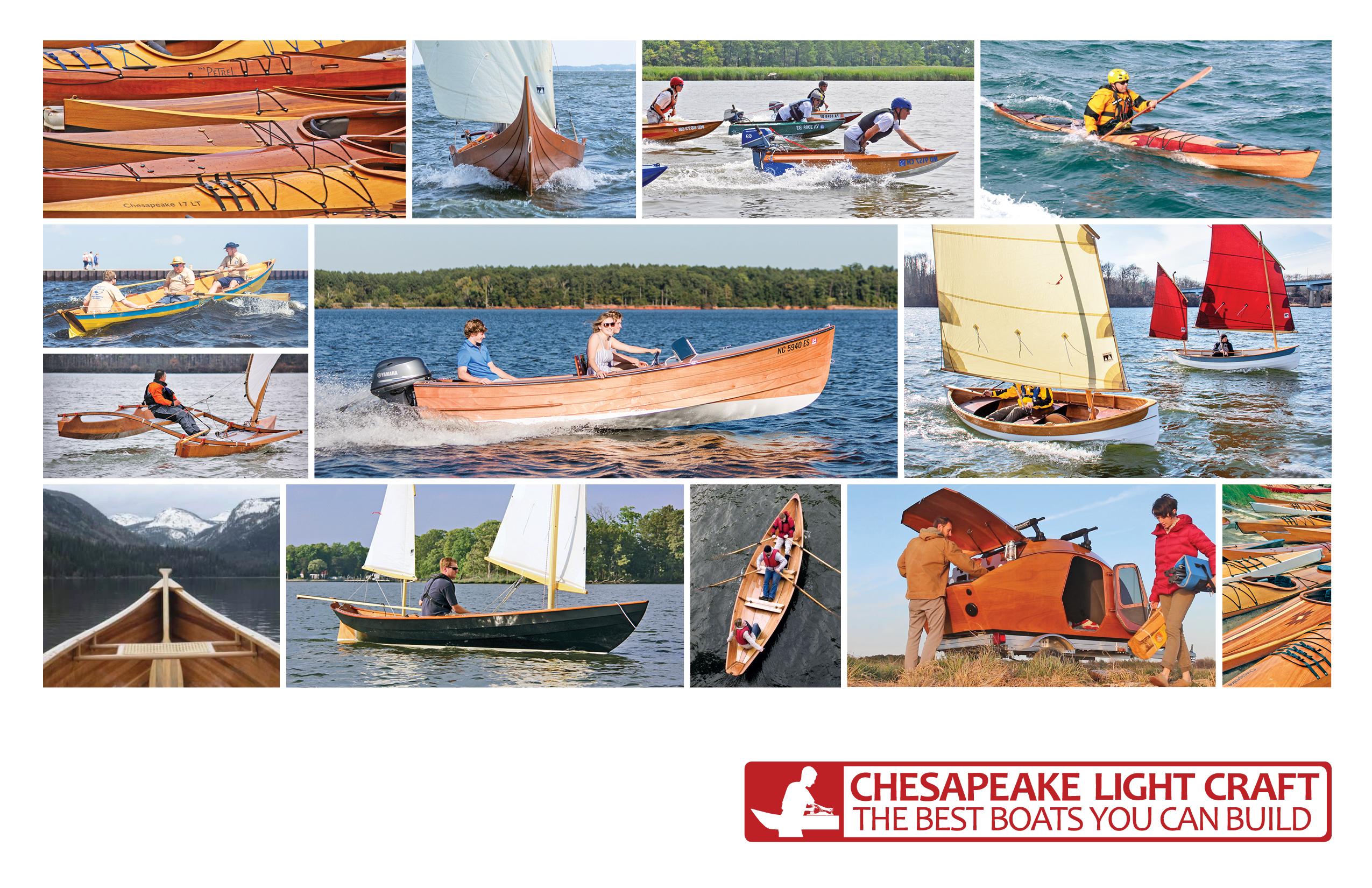
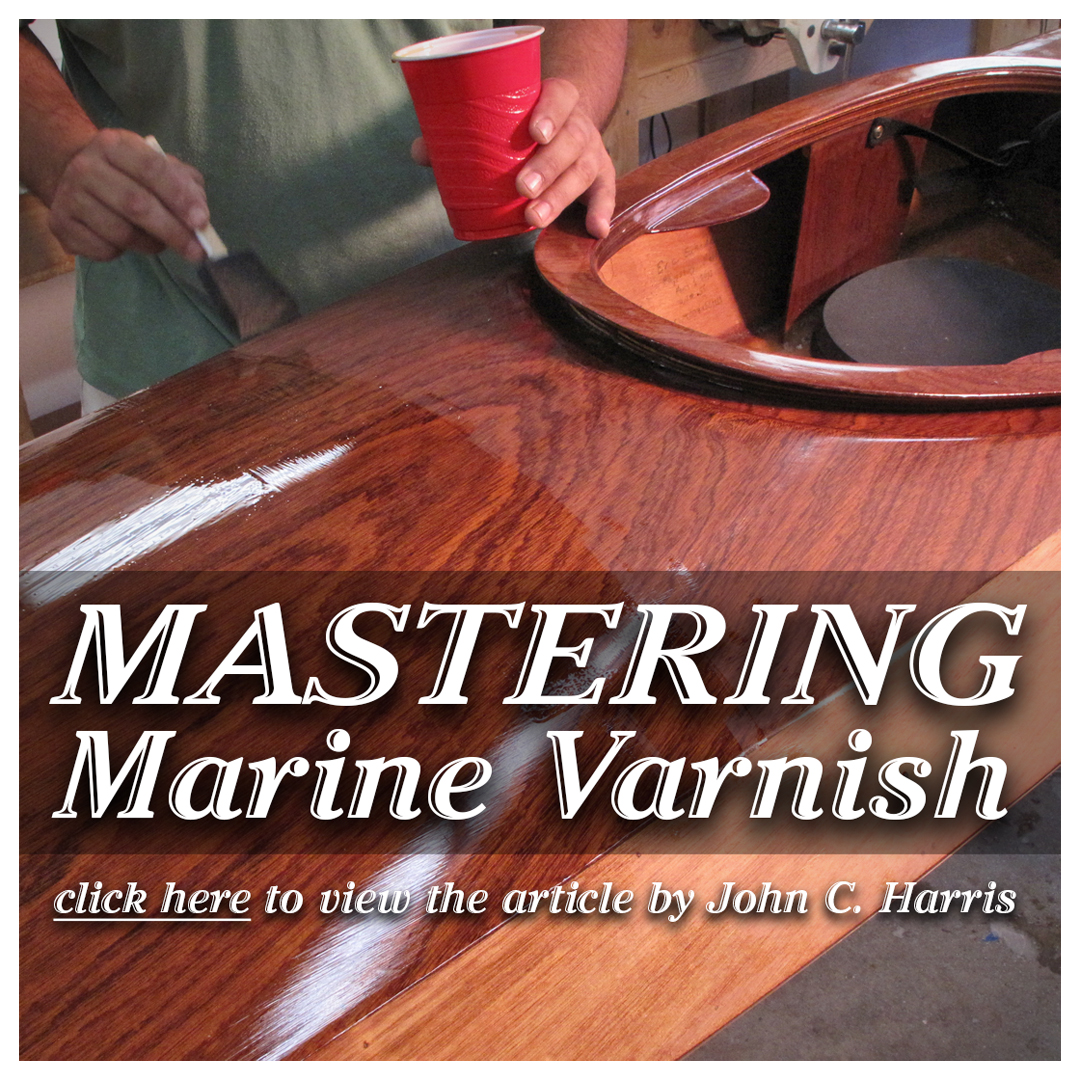
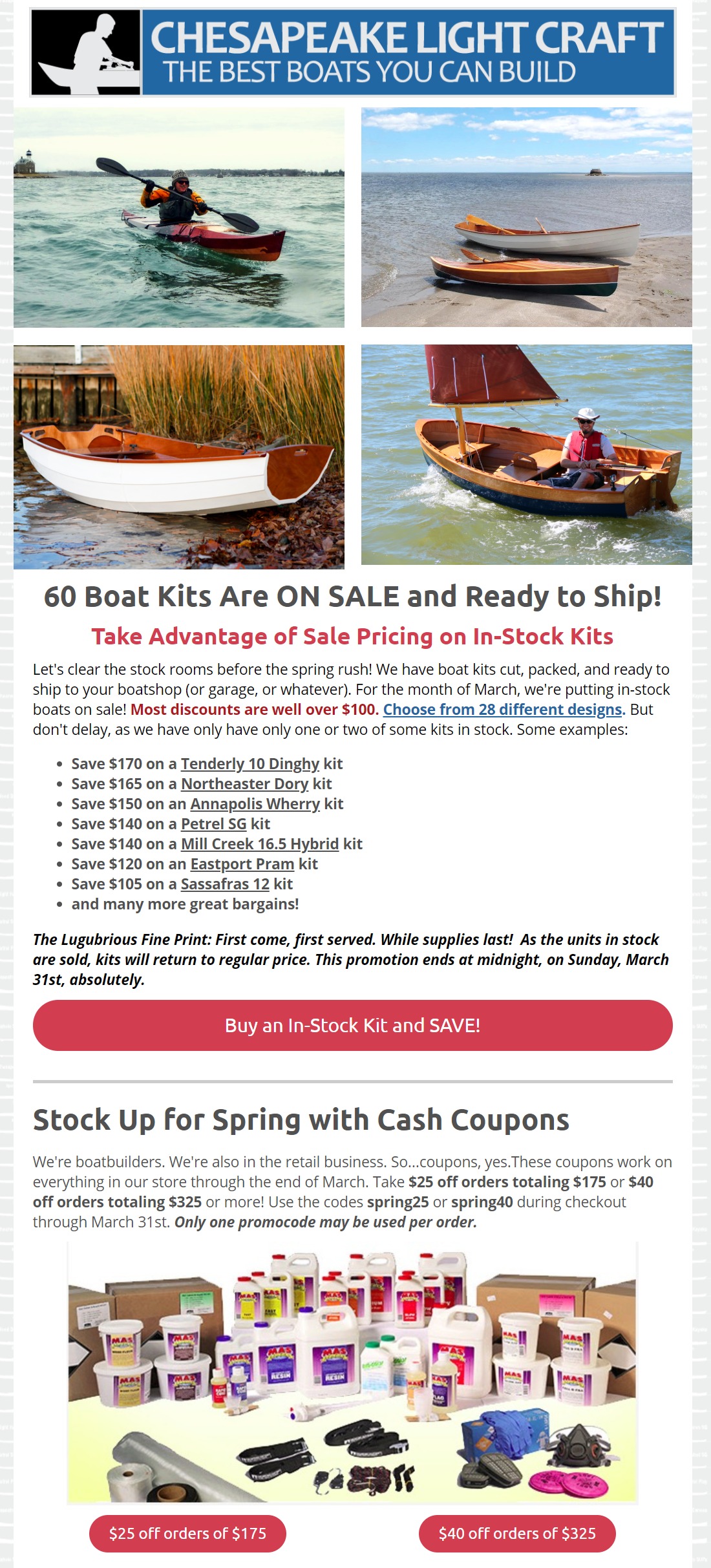
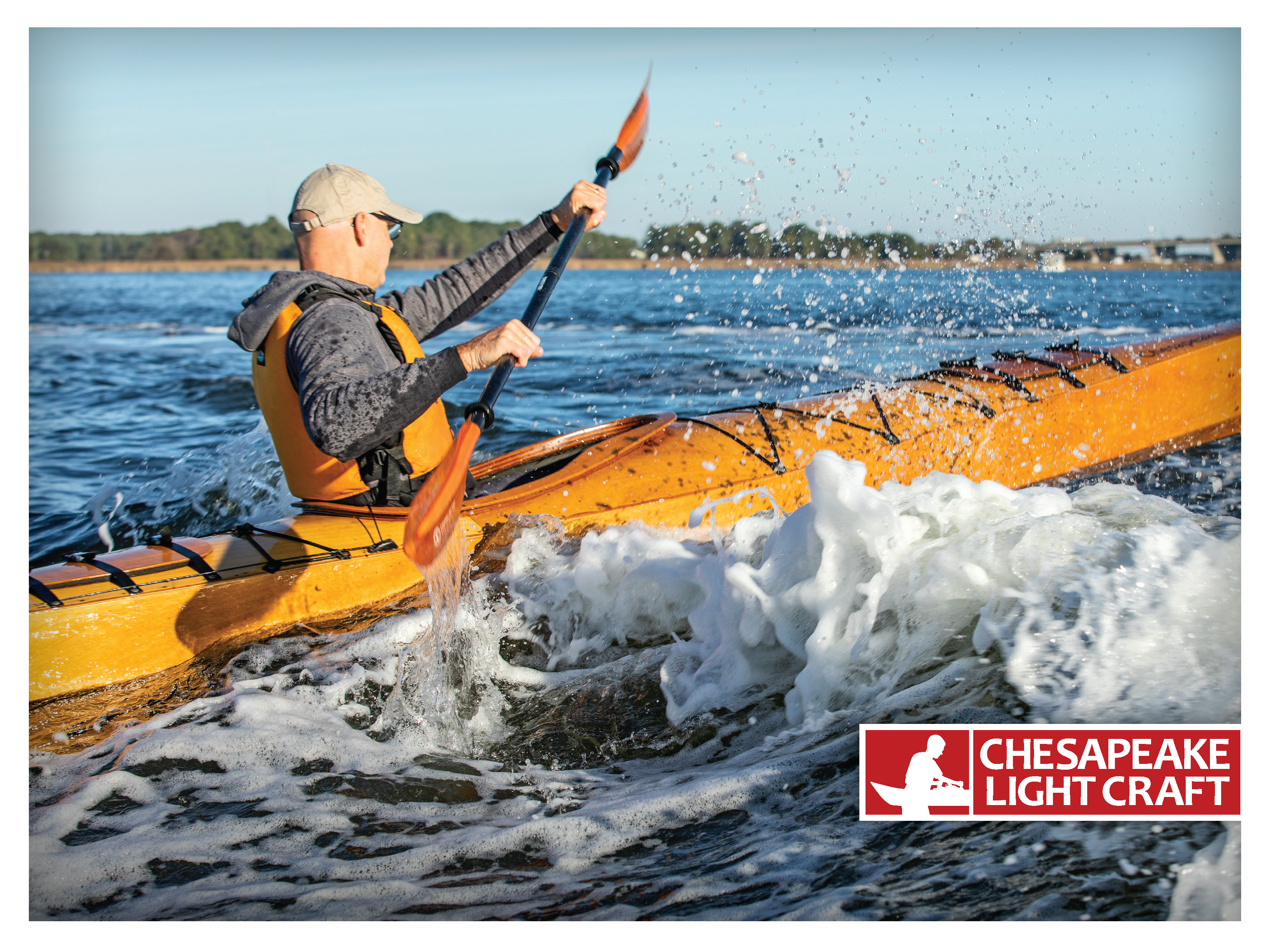

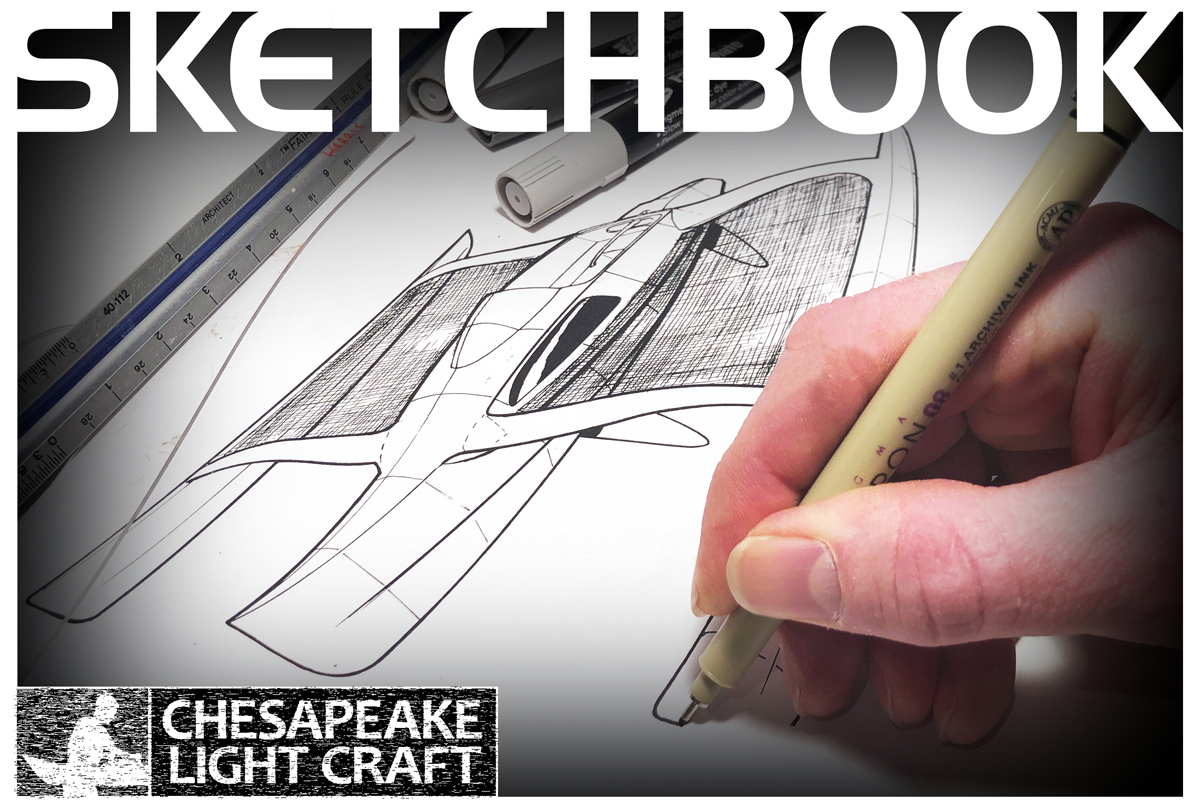


RE: Tire pressure
» Submitted by Laszlo - Sun, 12/28/14 » 8:29 PM
Should tell you on the tire sidewalls. For my 200 it says 15 lbs.
Happy New Year,
Laszlo